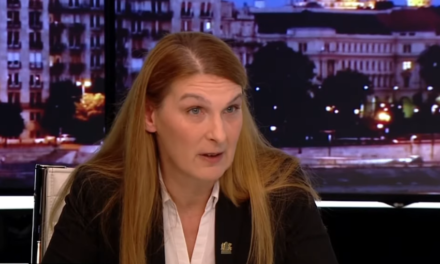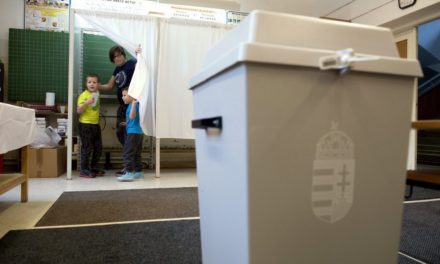Federal judges launched a boycott against the Amber League Yale University because of the lack of freedom of speech and intellectual diversity. In the higher education institution, a group of students attacked a conservative lecturer earlier.
Fourteen American federal judges have already joined the boycott against Yale University: they refuse to employ law students who graduate from the Amber League institution as court clerks.
The protesters were most recently joined by Elizabeth Branch, a federal judge on the US Court of Appeals, who told the conservative magazine National Review that "serious concerns have been raised about the lack of free speech at law schools, and Yale University in particular."
The boycott against the university began about two weeks ago, when federal judge James C. Ho declared at a conference that "because the culture of exclusion and cancellation (cancel culture) at Yale Law School has reached an extraordinary level, he will no longer accept clerks from there."
I don't want to erase Yale, I want Yale not to erase people like me, Ho said at the conference.
The federal judge also expressed the hope that his colleagues would join him, while at the same time he intended his action to be a "warning" to other law schools as well.
The participating judges all refer to the "undermining of freedom of speech and intellectual diversity" in their stance, saying that suppressing debate is not only contrary to the basic principles of the country, but also rejects intellectual standards.
In addition, they also want to draw attention to the new "movement" spread in legal circles - with the support of universities - which refuses to represent those who disagree with their opinion.
The boycott sparked heated debate. There were those who believed that this was not the right strategy in the face of the threats that "potentially" threaten free and open discussions. "I don't think it's right or fair to punish some students because of the policy of a thoughtless institution," said appellate judge J. Harvie Wilkinson. Others, however, supported the idea, such as Texas Republican Sen. Ted Cruz, who praised the federal judge
"tough action against the culture of erasure".
Despite the negative criticism, the Yale Law School has maintained its first place in the ranking of US News and World Report, so it is still considered the most prestigious in the country. Those preparing for the judicial career typically want to enter this amber league institution, because statistically, those who graduate here have the highest chance of getting an internship with a renowned judge.
I can't imagine students turning down their coveted place at the country's most prestigious law school because it was blacklisted by some, lawyer Vivia Chen opined earlier this week in the legal journal Bloomberg Law.
However, the university has updated its free-speech policy, acknowledging some problems — such as the March incident in which a group of LGBTQ students disrupted a campus lecture by guest conservative speaker Kristen Waggoner. Waggoner later told Fox News:
"Oddly enough, the purpose of the panel was to present the civil dialogue between two opposing ideologies, by finding common ground in controversial laws."
The university's new rules include limiting the ability of students to record classes and clarifying the rules for demonstrations.
Despite partial acknowledgment of the problems, the university's dean, Heather Gerken, stood by the institution's approach to free speech. In his letter to the alumni, he said: "the Faculty of Law has always strived to create a lively intellectual environment that is an inspiring field for ideas." The dean's goal now is to "reinforce a lasting commitment to the free and unrestricted exchange of ideas."
Source: Hungarian Nation
Featured Image: Wikipedia












